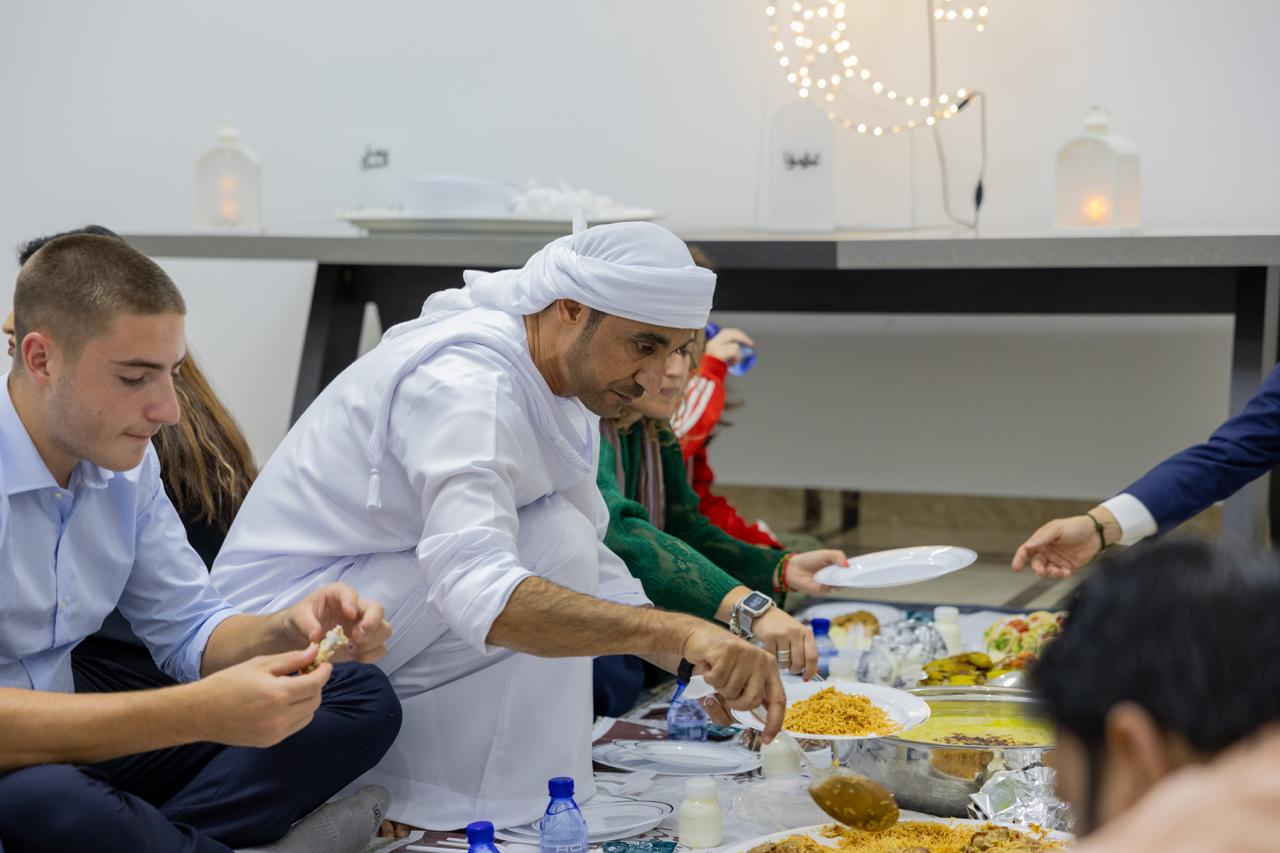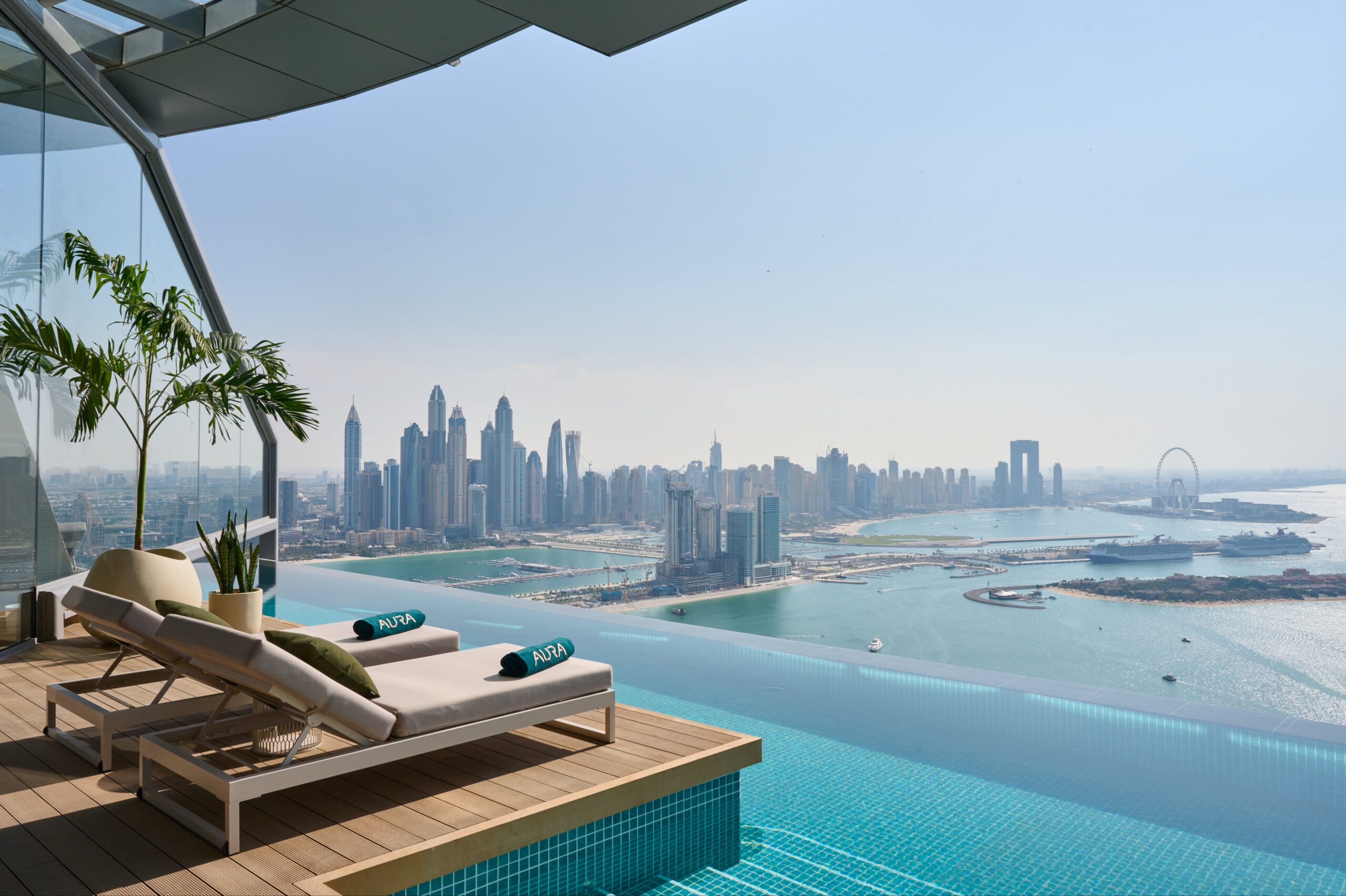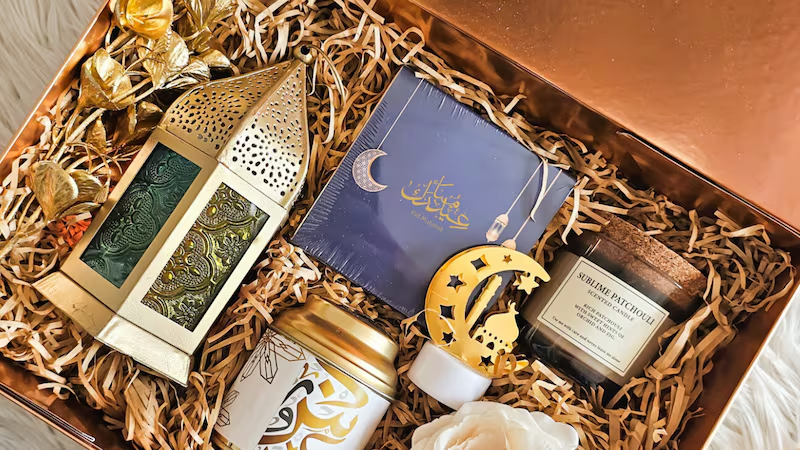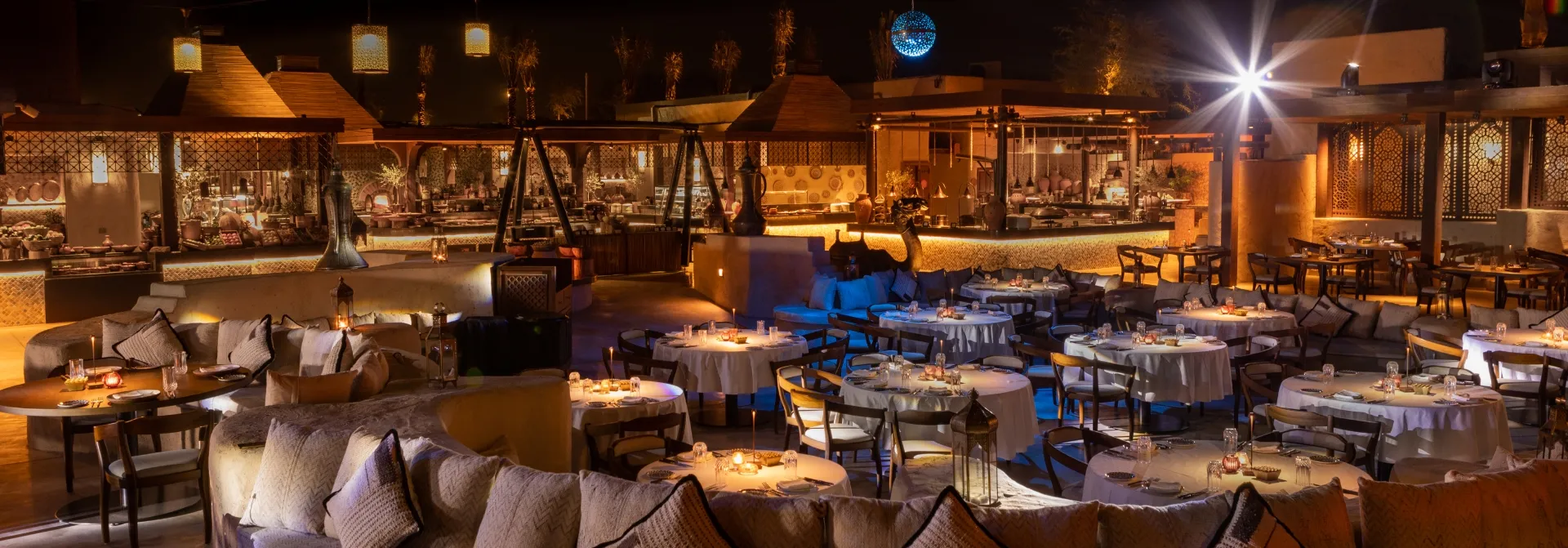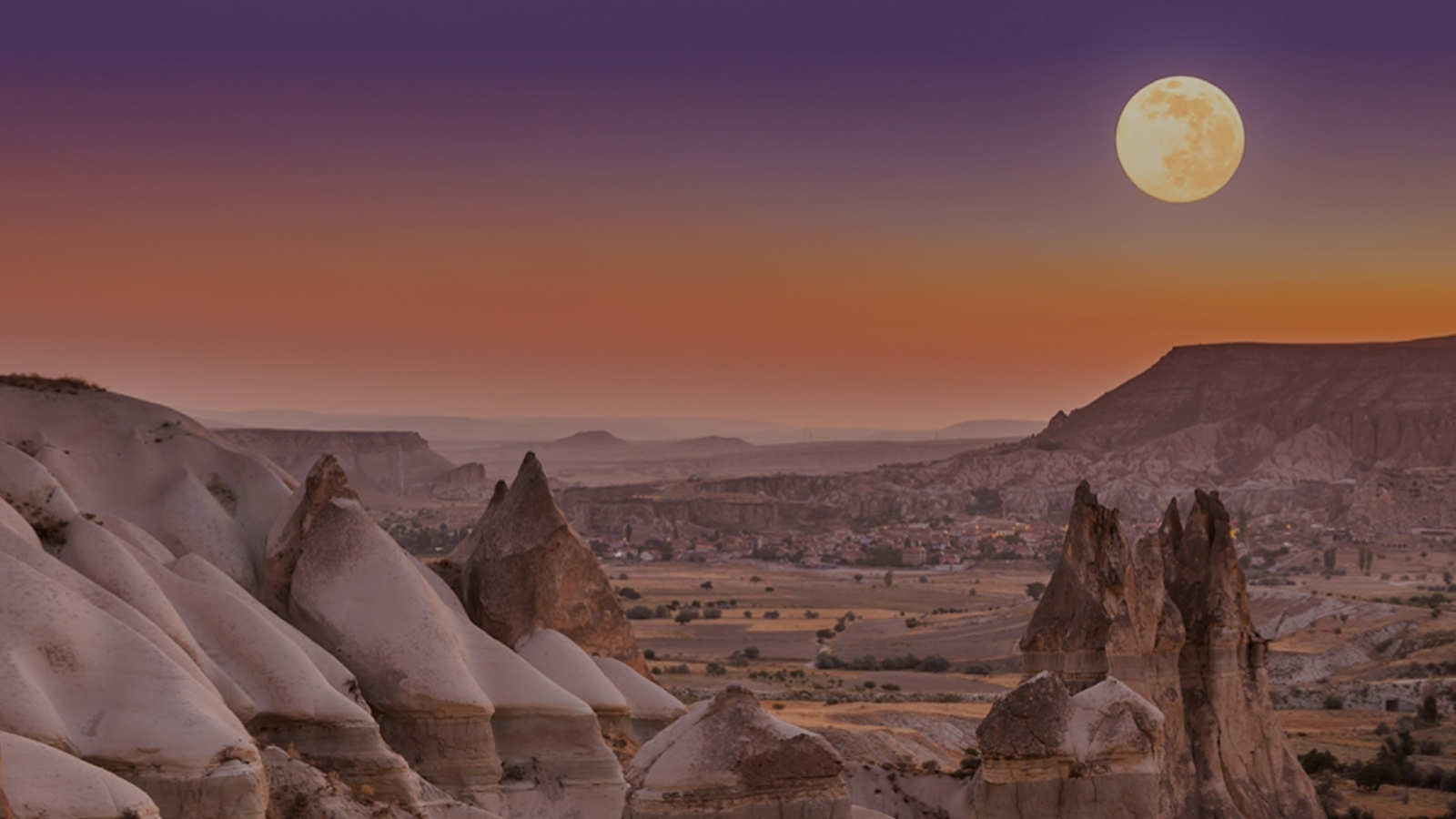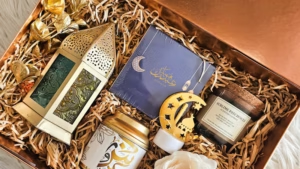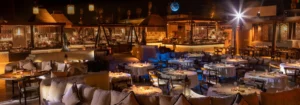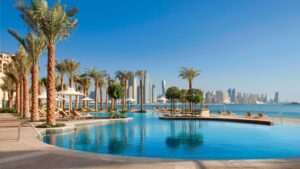The warmth of Emirati hospitality, the spirit of Ramadan, and the beauty of cultural exchange came to life at this year’s “Iftar for Everyone”, an annual event organized by the Sheikh Saud bin Saqr Al Qasimi Foundation for Policy Research.
The event offers non-Muslims and UAE newcomers, especially those who have lived in Ras Al Khaimah for less than two years, an intimate opportunity to experience Ramadan in a traditional Emirati home.
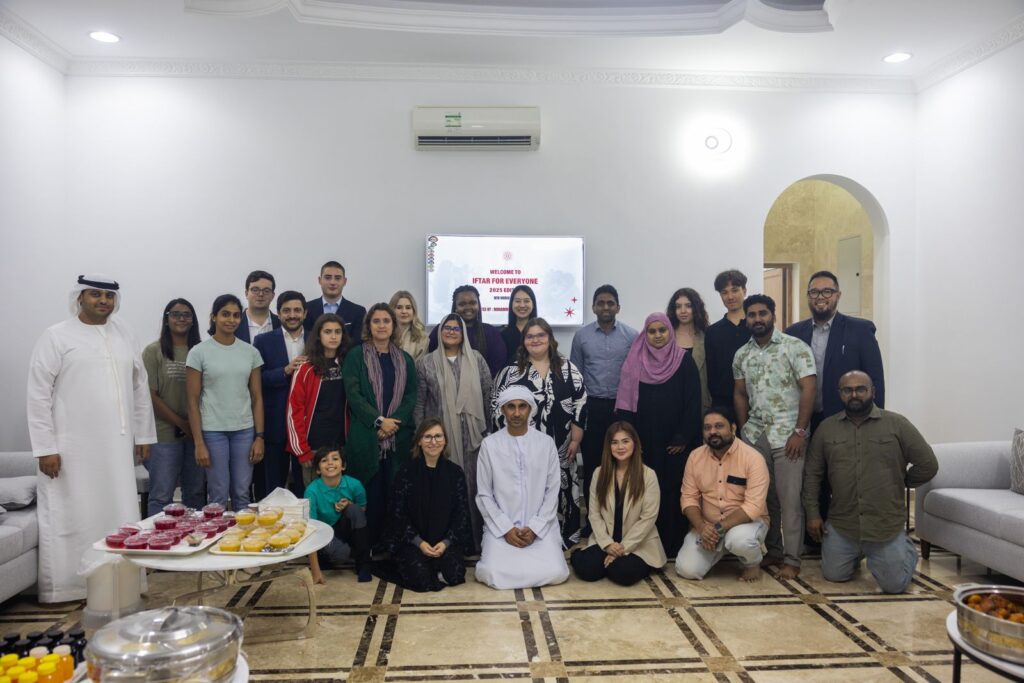
A Glimpse into Traditional Emirati Ramadan Celebrations
For many attendees, it was their first time witnessing an iftar firsthand. The event, which has been running since 2013, is hosted each year by a different Emirati family, offering guests a rare glimpse into local UAE and Islamic customs and cuisine.
A Warm Welcome
The evening’s host, Mohamed Rashid Al Zaabi, a member of the Al Zaab tribe, graciously opened his home to everyone, embodying the spirit of generosity that defines Emirati culture. Upon arrival everyone was warmly welcomed by the Al Qasimi Foundation team, including Deputy Director Rui Da Silva, and Mohammed Tarbosh, Operations Manager of Al Jazeera Al Hamra Heritage Village. From the moment people stepped in, they were made to feel like part of the family.
Before iftar, the group gathered in the majlis, a cozy traditional seating area where conversations flowed effortlessly. It didn’t take long for strangers to become friends, with people from different backgrounds sharing stories, asking questions, and getting a deeper understanding of Ramadan. Some non-Muslims had even fasted for the day, eager to fully experience what the holy month is all about.
Bridging Cultures Through Ramadan
Throughout the evening, conversations centered around Ramadan’s deeper meaning and how it is a time of reflection, gratitude, and community. Rui Da Silva, Deputy Director of the Foundation, highlighted the event’s importance:
“This is a great opportunity for us to bridge the gap between different communities living in the UAE and connect with people from diverse backgrounds during Ramadan.”
Echoing this sentiment, Mohammed Tarbosh shared:
“We will be sitting on the floor to have iftar in the traditional Bedouin style, just as it was done during the time of the Prophet (PBUH). This signifies the equality of everyone present and creates a sense of closeness.”
What does a Traditional Emirati Iftar look like?
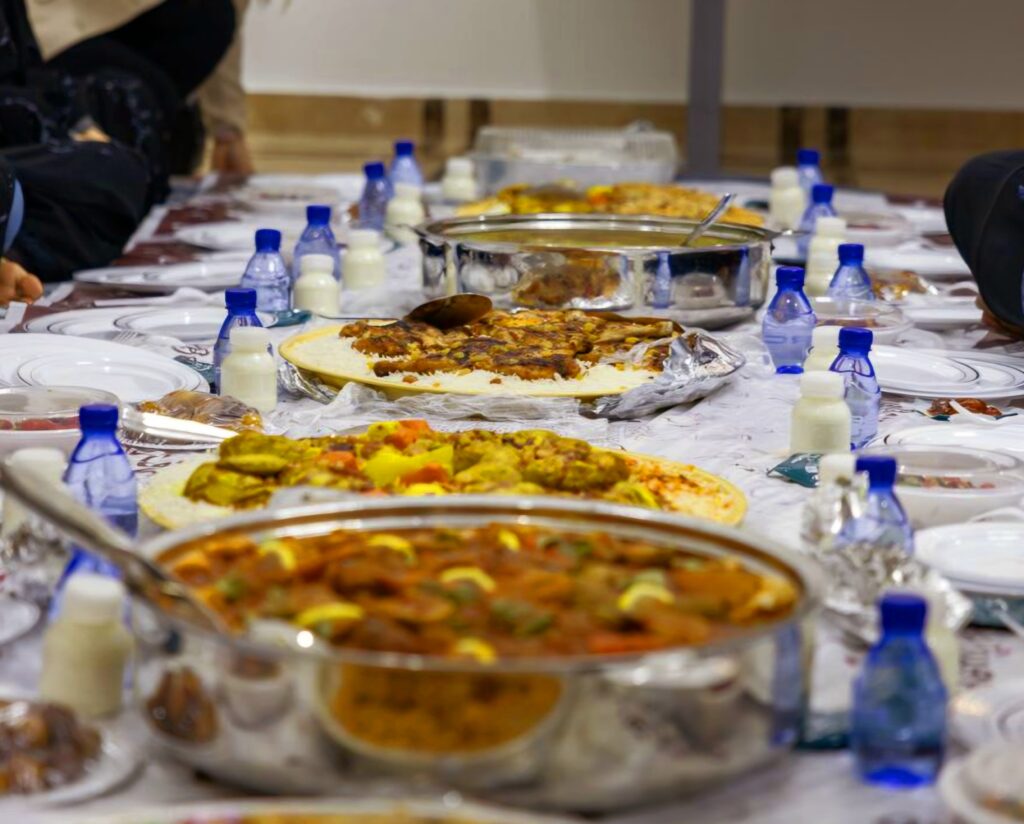
As the call to prayer signaled the time for iftar, everyone was invited to sit on the floor in the traditional Bedouin style, a practice that symbolizes equality and closeness. A generous spread of authentic Emirati dishes was laid out, including:
● Harees – a hearty wheat and meat porridge
● Fareed – a stew served over crispy Emirati bread
● Mandi – fragrant rice with slow-cooked meat
● Samosas, halloumi sandwiches, dates, and laban
As food was served, Mohamed Rashid Al Zaabi took the time to explain each dish, offering a deeper understanding of Emirati cuisine and its significance during Ramadan.
Desserts, Gahwa, and Meaningful Conversations
After the main meal, guests were invited back to the seating area, where a delightful assortment of desserts was beautifully laid out, along with Arabic coffee (gahwa). This led to another round of lively conversations and cultural exchange, as people reflected on the evening and engaged in deeper discussions about Ramadan and Emirati traditions.
The festivities wrapped up with a group photo to commemorate the evening, capturing the warmth of new friendships and the connections formed. Before departing, each attendee received a small token, a thoughtful gift to take home as a memento.
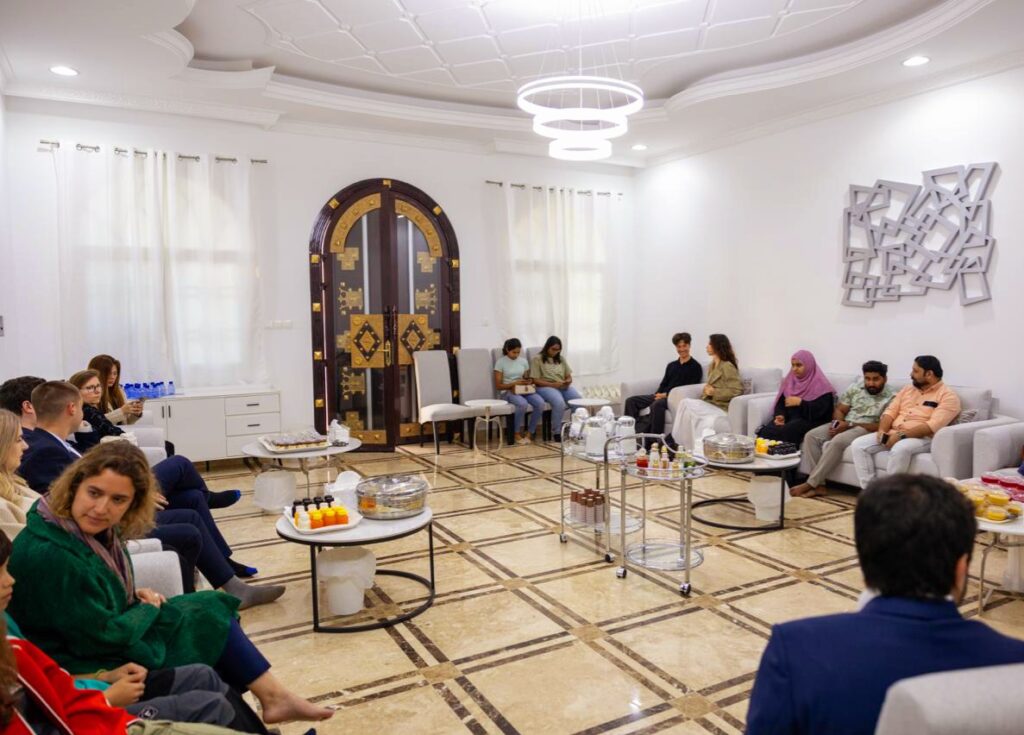
A Lasting Experience
For many attendees, the evening was more than just an iftar, it was a cultural immersion. One guest, who had moved to the UAE just seven months ago, saw it as a rare chance to understand Emirati traditions and connect with the local community.
As the night came to a close, guests left with full hearts, sweet memories, and a deeper appreciation for Ramadan. The ‘Iftar for Everyone initiative’ continues to serve as a bridge between cultures, reinforcing the UAE’s rich tradition of tolerance, hospitality, and togetherness


